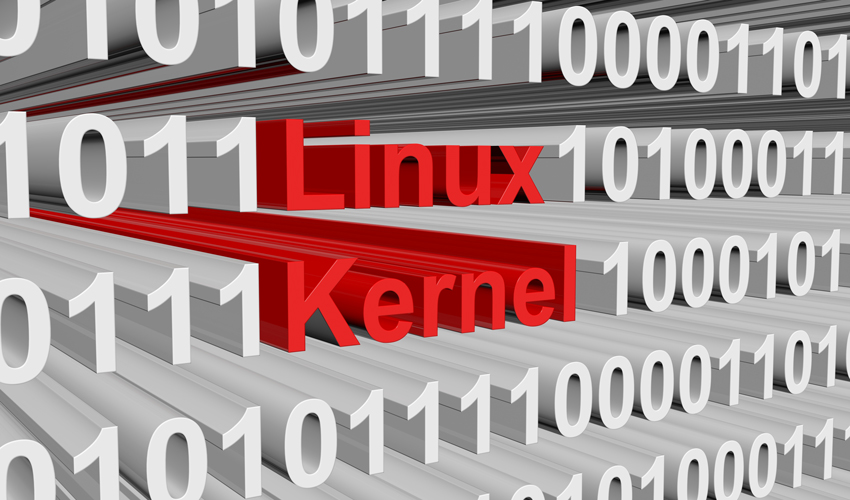Nessun prodotto nel carrello.

What’s KernelCare?
This article explains all that you need to know about KernelCare. But before studying about KernelCare, let’s do a quick recap of the Linux kernel. It’ll help you understand KernelCare better. The Linux kernel is the core part of Linux OS. It resides in memory and prompts the CPU what to do.
Now let’s begin with today’s topic which is KernelCare. And if you’re a system administrator this article is going to present valuable information for you.
What is KernelCare?
So, what’s KernelCare? KernelCare is a patching service that offers live security updates for Linux kernels, shared libraries, and embedded devices. It patches security vulnerabilities inside the Linux kernel without creating service interruptions or any downtime. Once you install KernelCare on the server, security updates automatically get applied every 4 hours on your server. It dismisses the need for rebooting your server after making updates.
It is a commercial product and is licensed under GNU GPL version 2. Cloud Linux, Inc developed this product. The first beta version of KernelCare was released in March 2014 and its commercial launch was in May 2014. Since then they have added various useful integrations for automation tools, vulnerability scanners, and others.
Operating systems supported by KernelCare include CentOS/RHEL 5, 6, 7; Cloud Linux 5, 6; OpenVZ, PCS, Virtuozzo, Debian 6, 7; and Ubuntu 14.04.
Is KernelCare Important?
Are you wondering if KernelCare is important for you or not? Find out here. By installing the latest kernel security patches, you are able to minimize potential risks. When you try to update the Linux kernel manually, it may take hours. Apart from the server downtime, it can be a stressful job for the system admins and also for the clients.
Once the kernel updates are applied, the server needs a reboot. This is usually done during off-peak work hours. And this causes some additional stress. However, ignoring server reboots can cause a whole lot of security issues. It’s seen that, even after rebooting, the server experiences issues and doesn’t easily come back up. Fixing such issues is a trouble for the system admins. Often the system admin needs to roll back all the applied updates to get the server up quickly.
With KernelCare, you can avoid such issues.
How Does KernelCare Work?
KernelCare eliminates non-compliance and service interruptions caused by system reboots. KernelCare agent resides on your server. It periodically checks for new updates. In case it finds any, the agent downloads those and applies them to the running kernel. A KernelCare patch can be defined as a piece of code that’s used to substitute buggy code in the kernel.











